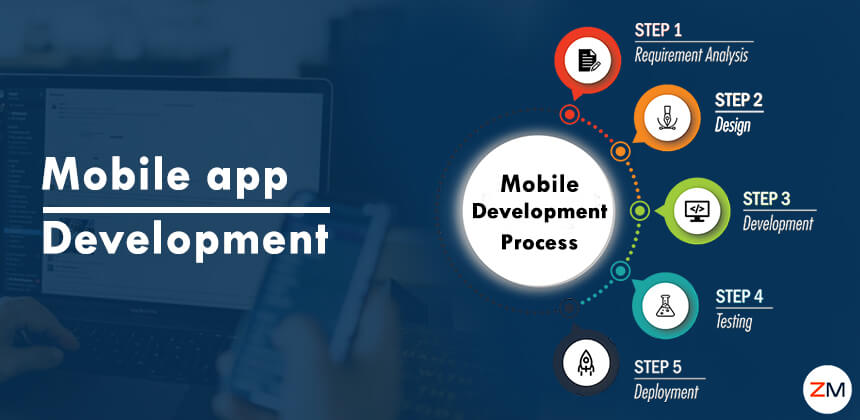White Label App vs Custom App Development: What’s the Best Option for You?
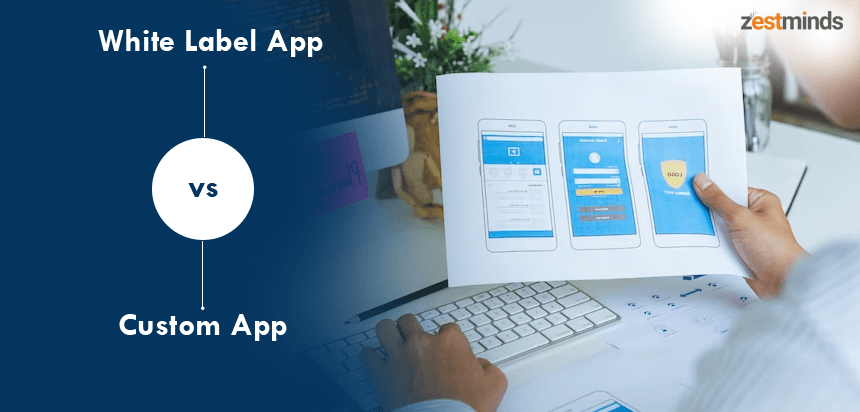
When it comes to mobile development, there are a lot of things you need to decide. One of the most important decisions you need to make before development starts is whether you want a white-label app or a custom app. You'll learn the pros and cons of both ways to get your business into the mobile world in this article.
Almost every business needs a mobile presence of some kind. Some businesses choose to make mobile websites, while others choose progressive web apps. But mobile apps are by far the easiest and most convenient way to do it.
There are many ways to make a business app for mobile devices. Custom development is expensive, and non-technical businesses that need a presence on the mobile market have been hesitant to make their own mobile apps. When this happens, businesses can use white-label apps, which offer a generic solution for the least amount of money.
Custom development is expensive, and non-technical businesses that want to be on the mobile market have been hesitant to make their own apps.
In this article, you'll learn what white-label applications are, how they compare to custom apps, and how to decide which strategy is best for your business.
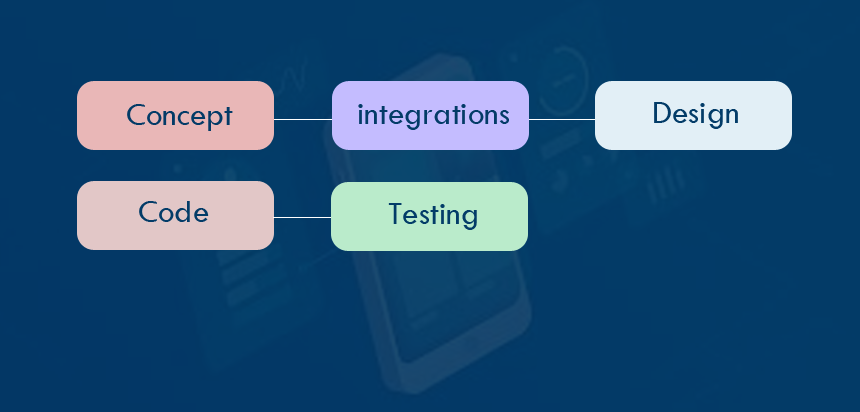
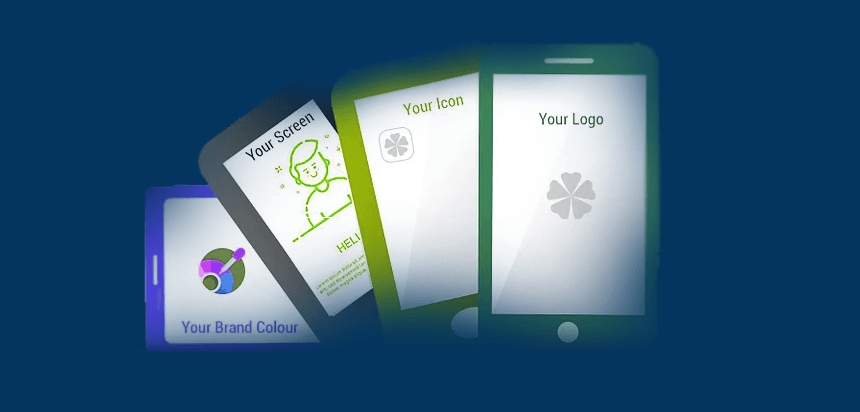
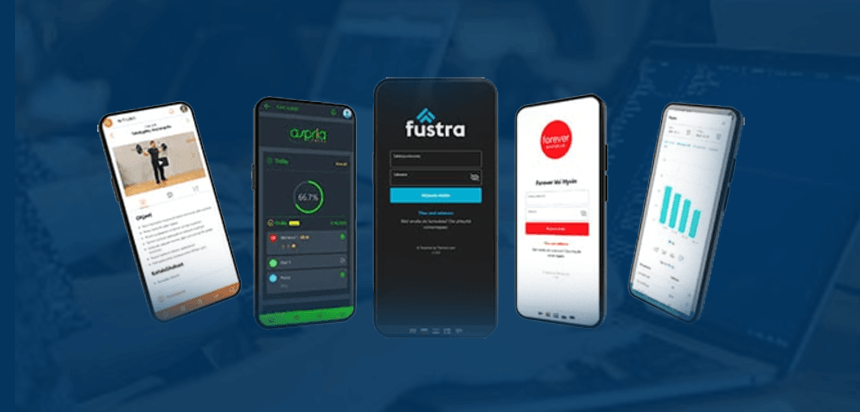
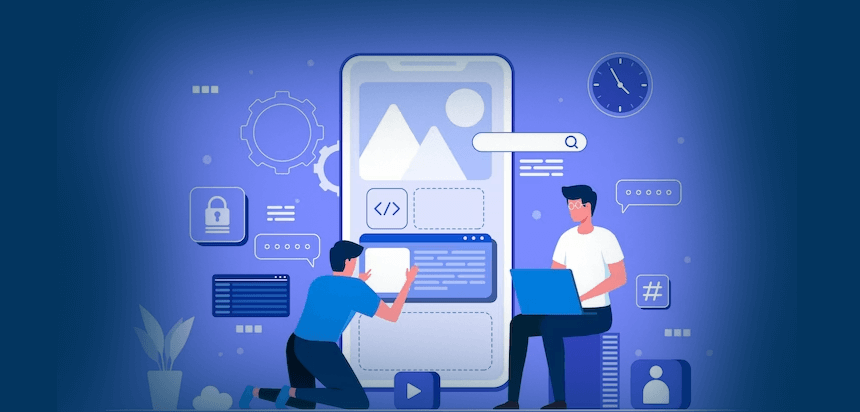
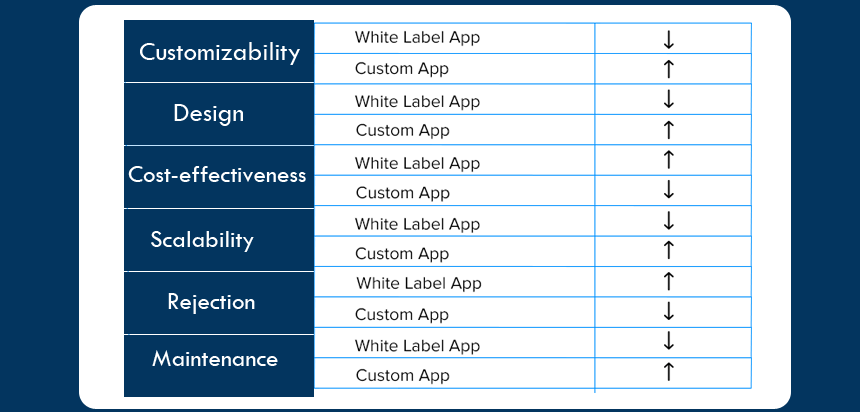
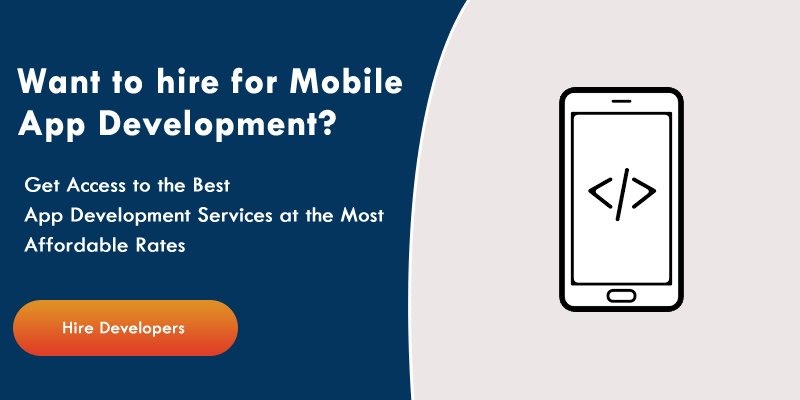

Custom Mobile App Development
Custom app development is the process of making a software program from scratch to meet the specific needs of a business or group. Custom app development requires the business and a team of developers to work together to figure out the specific needs, design the user interface, build the app, and test it. With custom features, integrations, and branding, the app that was made was made to fit the needs of the business. Custom app development can be more expensive and take more time than using ready-made, off-the-shelf solutions. However, it gives you more freedom and control over how the app works and looks. Custom apps can also give you an edge over the competition if they have unique features and make the user experience better.
What is a White-label App?
A white-label application is one that is made so that the code can be sold to more than one business. When a business buys a white-label app, it can make changes to it and use it as if it were its own. Most of the time, white-label applications are made for a certain industry and have features that are typical for that type of application in that industry. For instance, most e-commerce apps are pretty similar: they have listings, search and filtering tools, a checkout, and so on. If a small shop wants to give their customers a mobile app without spending a lot of time and money making one, they can licence a "white-label" app, add their brand's colours and logo, change a few features, and then market the app to their customers. Some businesses buy white-label applications to customise them and then sell them to other businesses. White-label app development is very popular in many fields, from tourism to online shopping.
Types of White-label Applications
There are two main kinds of white-label apps, which vary in how complete they are. A white-label app provider can sell you just the back end of the app or the whole thing, server and client sides included. What's different about these two choices? If all you get for your app is the back end, you are free to make the front end yourself. This gives you more ways to change things and be flexible. But if you don't have developers on staff, you'll have to hire someone to build the front end on top of a white-label application's infrastructure. Advantages of a white label app If you buy an app that is already built and has both server and client parts, you will only need to make a few small changes to it. The problem with this method is that it doesn't give you much room for customization and growth. When your business needs something you don't already have, like more advanced features or infrastructure that can handle more work, you'll need to find a different solution.
Types of Custom Mobile App Development
There are several types of custom mobile app development that businesses can choose from, including: Native App Development: This involves developing mobile apps for specific platforms such as iOS, Android, or Windows. Native apps provide a high degree of performance and functionality as they can take advantage of the platform's capabilities. Hybrid App Development: This approach leverages web technologies like HTML, CSS, and JavaScript to develop a mobile app that can run on multiple platforms. Hybrid apps are cost-effective and can help save time and resources. Cross-Platform App Development: Cross-platform apps are developed using a single codebase that can be used to deploy the app on multiple platforms. Such apps provide a good balance between cost and performance. Progressive Web Apps (PWA): PWAs are web apps that use advanced web technologies to offer an app-like experience on mobile devices. As it uses web technologies, it can run on any platform without requiring installation. The type of mobile app development a business should choose depends on its specific requirements, such as target audience, functionality required, timeline, and budget.
What is the Difference Between a White-label App and a Custom App?
White label software development gives you a solution that is either ready to go or that you can change in some ways. It doesn't cost much, and you get a product that you can put your name on and sell to your customers as your own. Any business in your industry can use a white-label application. Getting your business into the mobile market through custom development is a very different process. When you make a custom app, you make it fit your business's needs and the people you want to reach. It also shows how your business works. Custom apps are usually more flexible and scalable than white-label apps, and you can be sure that their architecture was built with your goals in mind. You'll be able to make changes to your app to keep up with market trends or add new features. Here are some points that differentiate white-label apps from custom apps:Customizability
When it comes to the ability to make changes, a custom-built app is the clear winner. White-label applications don't give you much room to customise and make them your own. If they are complete solutions with a back end and a front end, you can usually only change the colours and labels. If you only buy the back end, you can change the look and feel of the app and even add your own features, but you are still limited by the back end. On the other hand, if you make your own custom app, there's a much better chance that it will match your business's identity and goals and serve your target audience. This is probably the most important benefit of a custom app. In custom app development, the amount of customization you can do depends on the architecture and technologies you choose. Because of this, it's important to choose a developer who can think about your future needs. You never know what's going on inside white-label apps.Design
Here, we'll mostly talk about white-label solutions, which give you a basic design for the client part of the app. Since white-label apps are made for any business in a certain field, they will probably look like other apps in that field. Most likely, you won't be able to change much more than a few design elements, colours, and labels. So your app will look exactly the same as hundreds of other apps from other brands that have also bought the same white-label solution. With a custom app design, you can make the user interface look like your brand and add small touches like animations. Even though this may not seem important, the way your app looks shows how much you care about its users, and people can tell. All of this might not be important for an MVP, but if you want to build a strong mobile presence, you should put the visual experience at the top of your list.Cost-effectiveness
One of the most important benefits of a white-label app is how much it costs. Buying a white-label app is a lot less expensive than making your own app. When you make your own app, you have to pay for more than just the coding. You also have to pay for business analysis, design, quality control, maintenance, project management, and so on. Most applications made today are expensive to make because the standards of the market are so high. Even though custom app development has a lot of benefits, many businesses have to find cheaper alternatives. White-label apps are appealing because they are ready to use and don't cost as much as other apps. But if you want to add more features to your app, you still have to pay for development, and even if you're willing to pay, changes aren't always possible. Because white-label apps let you test your idea in real world conditions before investing in a full-blown custom app, white-label apps are perfect for testing the waters.Scalability and Flexibility
In software development, scalability means different things:- • Adding new features
- • Moving to other platforms
- • Handling more users
- • Working on new devices
Maintenance and Support
There needs to be support for both a custom application and a white-label application. The only thing to decide is which one is easier to keep up. On the one hand, white-label apps are sold over and over again, so their code has already been tried and tested. If you build your own app, there may be more bugs and problems. At the end of the day, the only thing that matters is how good the software is. A good white-label app can be easier to keep up than a badly made custom app, but there are also a lot of white-label apps that aren't very good. Regardless of which option you choose, make sure you buy a good product or work with professional developers.Security
Building a secure app is not easy, and if you choose custom app development, you'll be responsible for the security of your own app. This will mean more work and more frequent security checks. The good news is that you'll have full control over how safe, fast, and good your app is. With white-label applications, you get ready-made code, but you don't have much control over how secure it is. If you don't know how your white-label app works, you should ask a software development company to do a security audit.Probability of App Store Rejection
White-label apps were no longer allowed on Apple's App Store in 2017. They changed their minds soon after realizing that small businesses would be hurt. App stores still have a bad reputation for white-label apps. Both Google Play and the Apple App Store have pretty strict rules that stop similar apps from being on their platforms. This means that if you make a white-label app, it is more likely to be rejected by the app store. If a white-label app gets rejected, there's not much you can do about it, and it's likely that you'll still need to hire developers or designers to change the look and even the functionality of your app so that it's different enough from other white-label apps. The only way to avoid being turned down by an app shop is to make a custom app with a unique look and set of features.What to Choose: A White-label App or a Custom App?
The best decision for you depends on your unique situation and needs, so don't make a one-size-fits-all decision.Choose a White-label App if:
Your budget doesn't allow for custom development. White-label apps are often more appealing to businesses because of how cheap they are. If you don't have enough money to make a custom app, a white-label app is a great alternative. Right now, you need an application. If you have a very short deadline, a white-label application can be a good choice because it doesn't take a lot of time. You don't have to spend months planning and developing it. But you should remember that there is always a chance that the app store won't accept it. You don't need a lot of complicated features. Small businesses that don't need complicated features work best with white-label apps. As white-label apps, you can have simple travel apps, e-commerce listings that don't have loyalty programmes or complicated bonus and discount systems, and other simple apps. Most of your business is done in person. A white-label app is a good choice if your business doesn't depend too much on a mobile app and you can still do business without it. You might own a gym and want to give your customers a simple app they can use to manage their memberships and schedule workouts online. A white-label app is a great idea. But if you want to make money with online workouts, you'll need a custom app that lets you stream videos easily. You want to see how things go with a small amount of money. Your MVP can be a white-label app. Before you decide to build a custom app, you can buy a white-label app with basic features to see how your market reacts. But keep in mind that users may not accept your app not because there's no demand for it, but because the standards for the type of app you're making are higher than what a white-label app can provide.Choose Custom App Development if:
To offer a service, you need a lot of complicated features. Businesses can use custom app development to make any idea they have come to life, from complex business logic to augmented reality. Custom development is for you if you have a specific idea and need more than just the basics. You need to do very well. Poor performance can kill an online business, and great architecture and technologies are very important for performance. This is very important for services that happen right away, like taxi rides. Imagine that you made an app like Uber, but it always freezes or takes a long time to load when people are waiting outside for a car. This will cause your app to be deleted right away. You are in a market with a lot of competition. The stakes get higher when there is more competition. If you have competitors who are also making mobile apps, it's important to give your customers the same or a higher level of quality than your competitors and to stand out from them. Your main source of income is a mobile app. Whether you're a startup with a mobile app as your main product or an offline business looking for a new way to make money in the mobile market, your app should be able to process payments, give customers special offers, and collect advanced data so you can market your services to specific groups of users. With a custom mobile app, you can improve your marketing, find out more about your users, and make your offers more relevant to them. There are many ways to increase conversions that a white-label app can't offer, such as rich push notifications, gamification, and other unique features.Conclusion
To sum up, a business's choice between a white-label app and a custom-made app depends on its needs and goals. A "white label" app is a ready-made, off-the-shelf solution that can be changed with your own branding and content. It is usually less expensive and easier to launch, but it may not be as customizable and may not meet all of the business's needs. It's also known as the Ready to Use App. Custom app development means making an app from scratch to meet a business's specific needs. This can be more expensive and take more time, but it gives you full control over the app's features, how it works, and how it looks. The choice between a white label app and a custom app should be made based on what the business needs. A white label app could be a good choice for a business that needs a simple app with basic features. But if a business needs a more complex app that meets their specific needs, custom app development is probably the better choice.How Zestminds Can Help You Enter the Mobile Market
Our team at Zestminds specializes in custom app development and helps businesses at every stage of the mobile app development process. Our white-label app service includes the following as well:- • Code and security audits for white-label apps
- • Designing in accordance with your brandbook
- • White-label product client side creation
- • Enhancing your existing app with new features
- • White-label app architecture improvement
- • Adding additional services to your app, such as payment gateways or maps
- • Analyze the market and your competitors
- • Choose the right solutions and technologies for your business
- • Document advanced technical information
- • Develop your MVP's features
- • Analyze your marketing and choose the best practices
- • Create native and cross-platform applications
- • Reduce your app's budget without sacrificing quality
- • Ensure high-quality testing throughout the development process
- • Work with your existing team of developers and other specialists
- • Maintain and support existing applications on a regular basis


Shivam Sharma
About the Author
With over 13 years of experience in software development, I am the Founder, Director, and CTO of Zestminds, an IT agency specializing in custom software solutions, AI innovation, and digital transformation. I lead a team of skilled engineers, helping businesses streamline processes, optimize performance, and achieve growth through scalable web and mobile applications, AI integration, and automation.
Stay Ahead with Expert Insights & Trends
Explore industry trends, expert analysis, and actionable strategies to drive success in AI, software development, and digital transformation.
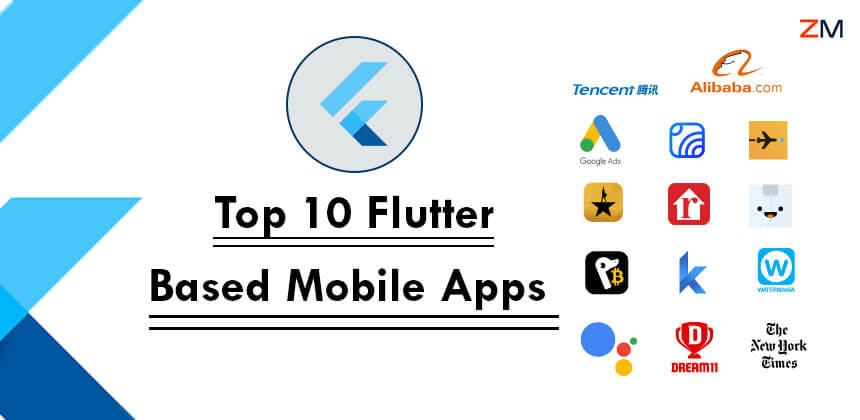
June 28, 2022
Top 10 Amazing Apps Built With Flutter Framework
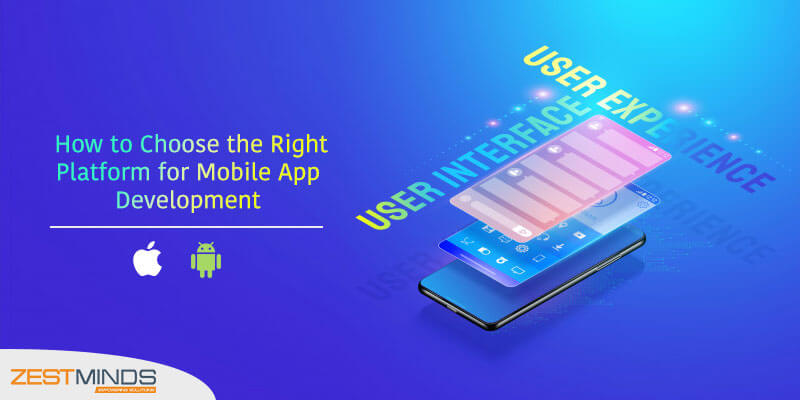
December 19, 2019
How to Choose the Right Platform for Mobile App Development ?
Stay Ahead with Expert Insights & Trends
Explore industry trends, expert analysis, and actionable strategies to drive success in AI, software development, and digital transformation.

June 28, 2022
Top 10 Amazing Apps Built With Flutter Framework

December 19, 2019
